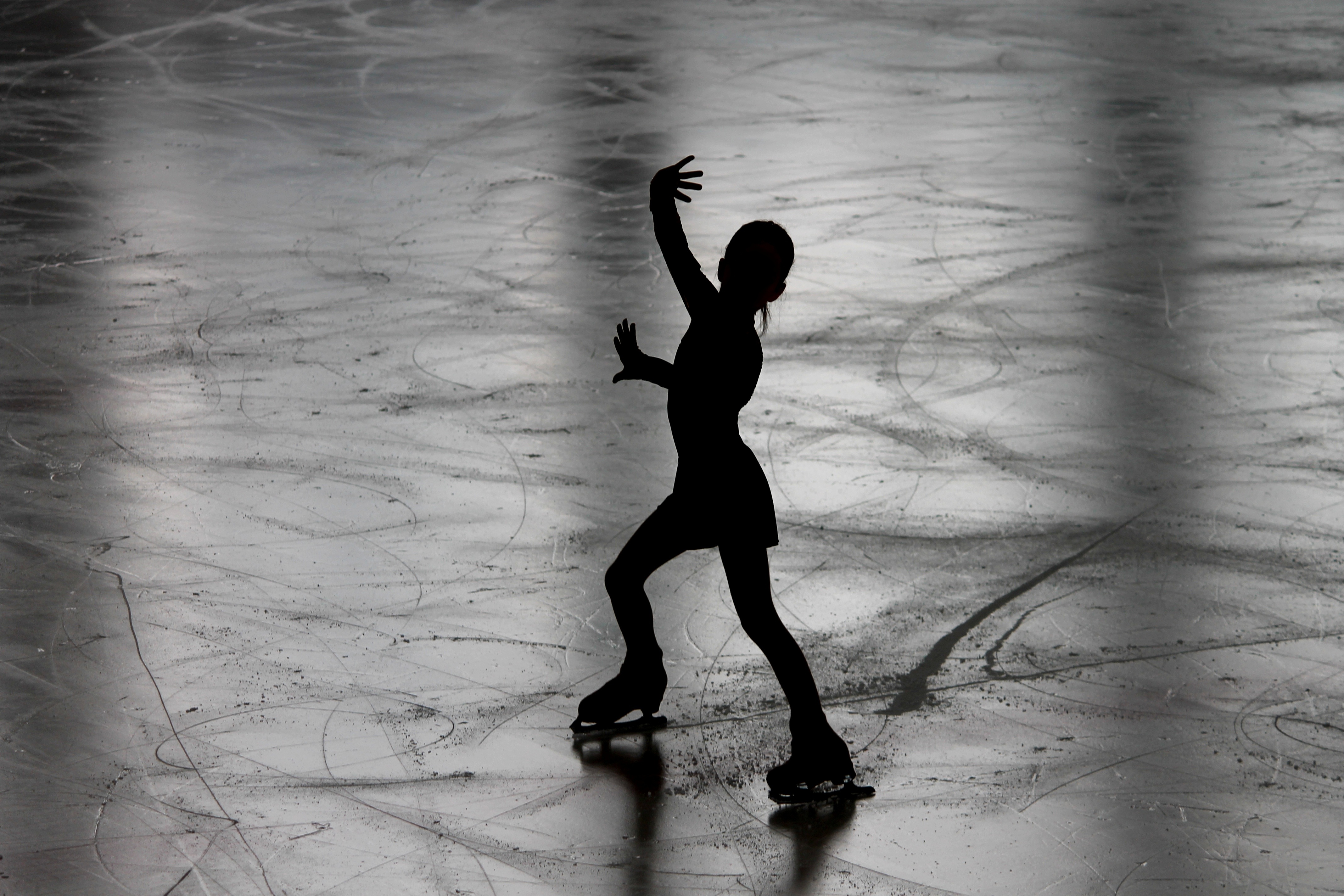The figure skating 2018 Rostelecom Cup
As the end of the year rolls around, it is again the skating season—the 2018 ISU Grand Prix of Figure Skating: Rostelecom Cup took place from November 16 to 18 at Moscow, Russia. The competition ended with adequate results for both the competitors and the audiences. The honorable gold medal holders were Yuzuru Hanyu, two-time Olympic champion, and Alina Zagitova, one-time Olympic champion. Silver medal winners were Morisi Kavitelashivili and Sophia Samodurova for men and women; the bronze holders were Kazuki Tomono and Lim Eun-soo. However, the attention was not only focused on these winners, but also on Julian Zhi Jie Yee, the man who placed last and performed at the gala with a wholly entertaining and creative program, changing many people’s perspective of the last place.
Yuzuru Hanyu, a male single skater from Japan who had broken the world record sixteen times, won the gold medal with an injured ankle. As a two time Olympic champion, Yuzuru Hanyu nailed his short program with flawless quads and an elegant demeanor. However, during the practice before his free skate program, he failed to land a quad and hurt his ankle—the same ankle that was hurt before his Olympic season. The doctor said that there were torn ligaments, tendon, and fibula. Hence, Yuzuru’s ankle swelled up. On the day he had to perform his free skating program, Yuzuru stepped on the ice unnaturally, suggesting something was wrong with his body. During the first half of his free skating program, Yuzuru landed all his quads picture-perfect, maintaining his image as an ice prince. Onto the second half of the program, however, it seemed like Yuzuru’s ankle was giving out on him. He had a hard time landing his jumps properly; the pain from his injured ankle was obvious. Nevertheless, regardless of the ankle, his performance remained splendid. Yuzuru took the gold medal by a total of 278.42 points. He had to walk with crutches onto the podium to receive it.
Meanwhile, Alina Zagitova, the sixteen-year-old junior world champion medalist from Russia, took the Olympic gold medal with a 24.94 point difference from the silver medalist. She had a light and elegant touch to her triples, which always occurred at an unexpected timing. One of Alina’s frequent moves was jumping with her hands above her head. Although it was her first season in the Grand Prix competition, she already held the highest record for the short program. Performing to an unusual melody achieved by combining two strongly contrasting pieces of music, she landed every jump gracefully and obtained the highest score for the short program. The following day, Alina appeared at the rink with a bright red and black skirt, presenting a Spanish style free skate program. Alina landed almost all of her jumps flawlessly, and with her final elegant execution of highly technical spins, she successfully won the gold medal of the Rostelecom Cup.
Morisi Kvitelashvili, a skater from Russia, is well known for his inconsistency during competitions. This time, however, there were no significant mistakes in his programs. As a 180 centimeters tall skater, Morisi demonstrated great coordination of his body. His triples were very light and quick, making them look more natural than they were. However, sadly, due to the irregularity of his competition performances, this silver medal was his personal best of the season.
Sophia Samodurova was also a sixteen-year-old skater from Russia. She was one of the few skaters who finished their programs flawlessly. Sophia also liked to put her hands over her head while jumping, just like Alina. However, although Sophia completed her program without any mistakes, the quality of her expressions and the height of her jumps still have much room for improvement. Finishing with a silver medal in the Rostelecom Cup qualified her to the Grand Prix Final.
Kazuki Tomono was a Japanese skater. Finishing third place at the Rostelecom Cup, he had his best season. Kazuki’s performance was beautiful; he knew how to immerse himself into the music, to “commit himself in the performance” as the reporter put it. He finished his short program in fourth place, and his free skate program earned him third place. Though Kazuki’s expression of music was outstanding, his lacking techniques pulled him down. Even though there weren’t any big mistakes in his performance, Kazuki landed most of his jumps unsteadily, resulting in a bronze medal instead of silver or gold.
Lim Eun-soo—a fifteen years old skater—was the first Korean skater to win a Grand Prix medal after Kim Yuna. She carried the quality of fluency and speed just like her senior Kim Yuna. Lim Eunsoo was in the sixth place after her short program when she had failed to land a jump in the middle and never brought it back. Nevertheless, her flawless, smooth free skating performance brought her up from sixth to a bronze medal, the first Grand Prix medal for Korea after Yuna Kim.
Finally, due to Yuzuru Hanyu’s injury, he was not able to perform at the exhibition gala; thus, Julian Zhi Jie Yee from Malaysia substituted for him. Although Julian came last place for men’s single skating, the ranking did not reflect the quality of the performance. Julian’s performance was full of creative ideas. Using radio and a mop, he entertained the audiences while skating with pride.
Featured Image-Photo Courtesy of Pixabay.com”

